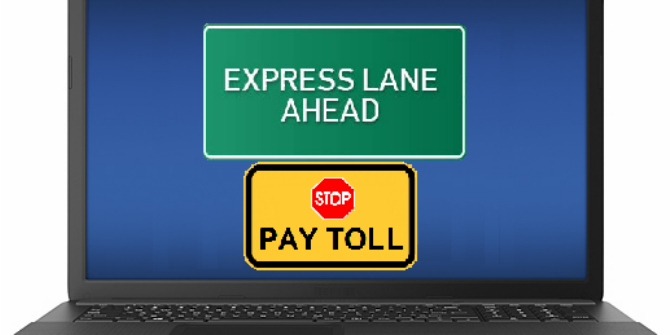This has been a frantic period of activity in global internet governance, with national governments vying to wrest the agenda from international organisations such as the UN and the G8. The November 1-2 London Conference on Cyberspace, coming after Sarkozy’s E-G8 meeting in Paris, and shortly after the UN based Internet Governance Forum in Nairobi has a lot of ground to cover. It remains to be seen if Hillary Clinton will underline the bold principles to back up her 2010 vision on internet freedom.
In terms of the democratic accountability of internet governance it is a fascinating moment. Will these three largely separate international coordination mechanisms develop alternative approaches to some of the key challenges – such as reconciling I.P. enforcement and the open internet? And how will civil society organisations seek to legitimise or undermine each of the various statements of principles? Will they coordinate their responses or compete among themselves?
Judging by the principles that William Hague has outlined for discussion, he is hoping to maintain a very broad church, including rights holders. Whether he can simultanaeously satisfy them and the campaign groups – and a wider public that has become used to free content and an open internet – remains to be seen. His starting principles are highly fluffy and there does not seem to be a process in place to bring them down to earth. His principles are:
(1) The need for Governments to act proportionately in cyberspace and in accordance with national and international law;
(2) The need for everyone to have the ability—in terms of skills, technology, confidence and opportunity—to access cyberspace;
(3) The need for users of cyberspace to show tolerance and respect for diversity of language, culture and ideas;
(4) Ensuring that cyberspace remains open to innovation and the free flow of ideas, information and expression;
(5) The need to respect individual rights of privacy and to provide proper protection to intellectual property;
(6) The need for us all to work collectively to tackle the threat from criminals acting online;
(7) The promotion of a competitive environment which ensures a fair return on investment in network, services and content.”




